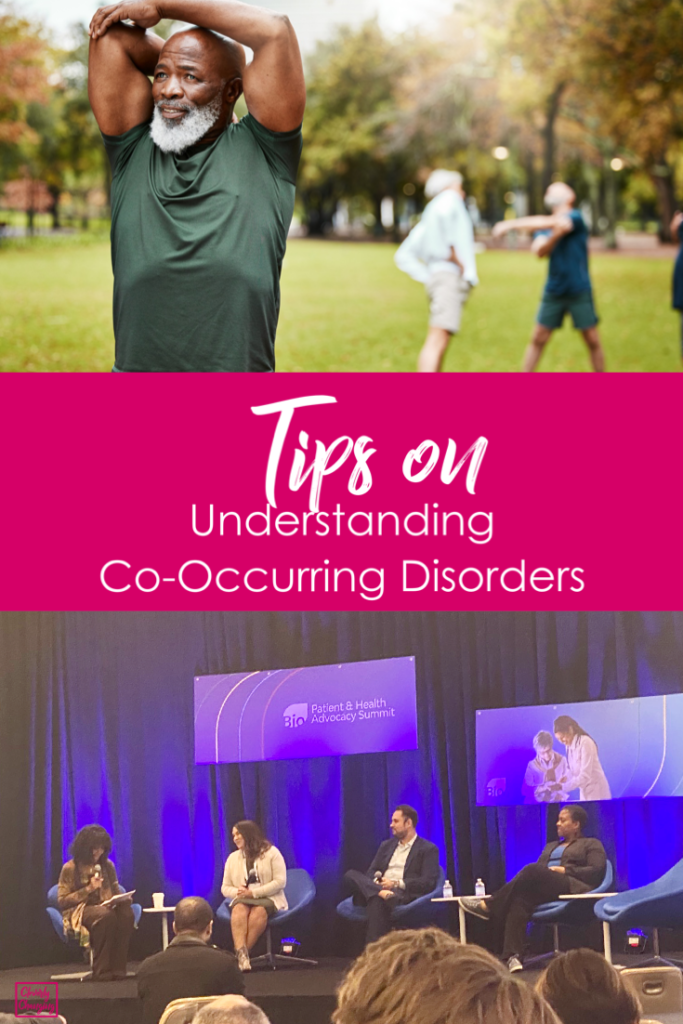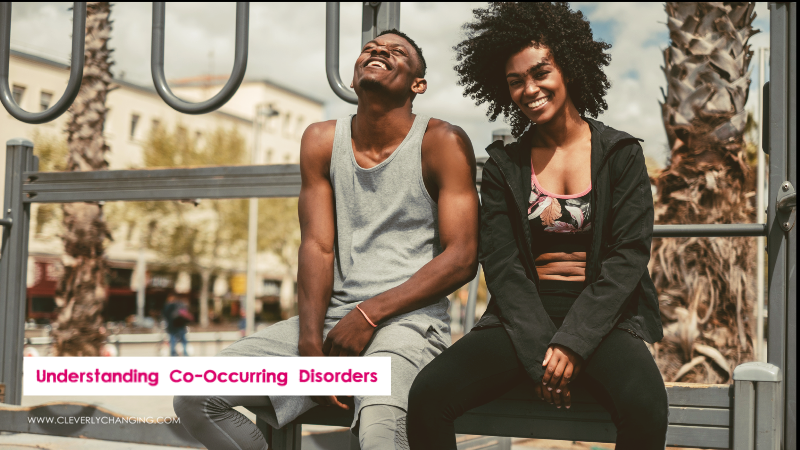Co-occurring disorders, also known as dual diagnosis, occur when a person has both a mental disorder and an addiction. While it is not uncommon for an individual to suffer from both a mental health problem and substance abuse at the same time, understanding how these two issues can interact with each other is essential in order to provide the best care possible. Let’s take a look at what co-occurring disorders are, the prevalence of this issue, and how individuals can receive help.
What Are Co-Occurring Disorders?
A co-occurring disorder is when an individual suffers from both a mental health condition and an addiction simultaneously. This could include depression and alcoholism, anxiety and drug abuse, or any other combination of mental illness and addiction. It is important to understand that these two issues can be intertwined; for example, excessive drinking could be used as an attempt to self-medicate depression or anxiety. In some cases, the addiction may even lead to the development of a mental health issue in the first place.
Prevalence of Co-Occurring Disorders
Research shows that between 40% and 60% of people with substance use disorders also have another diagnosable mental disorder. Similarly, individuals with certain psychiatric illnesses such as bipolar disorder or schizophrenia are more likely to experience drug abuse than those without such conditions. These statistics make it clear that co-occurring disorders are quite common among those suffering from either substance abuse or mental illness (or both).
Getting Help for Co-Occurring Disorders
One of the most important steps that can be taken when dealing with co-occurring disorders is seeking out professional help. Treatment should focus on addressing both the addiction and underlying mental health condition simultaneously in order to prevent one from exacerbating the other.
Types of Treatments
The most common types of treatments for co-occurring disorders include medication, therapy, and lifestyle changes. Medication can be used to treat both physical and mental health symptoms. Therapies such as cognitive behavioral therapy (CBT) or dialectical behavior therapy (DBT) can help individuals learn coping skills and manage their emotions more effectively. Finally, lifestyle changes can include dietary changes, exercise, and improved sleep habits.

Importance of Treatment
Treatment for co-occurring disorders is important because it can help individuals manage their conditions better and reduce the risk of relapse. Without proper treatment, individuals may feel overwhelmed by their symptoms and may not be able to cope with them in a healthy way. Treatment provides a safe space where individuals can explore their feelings and learn how to cope in a constructive manner. Additionally, treatment helps individuals develop tools and strategies to manage their symptoms more effectively over time.
How to Find Help
If you or someone you know has been diagnosed with co-occurring disorders, it is important to seek help from a qualified mental health professional who specializes in treating this type of condition. You should look for a provider who has experience in treating both mental health and substance abuse issues simultaneously. Your local community health center or hospital will likely have resources available to assist you in finding the right provider for your needs. Additionally, online directories such as Psychology Today’s Therapy Finder can help you locate providers in your area who specialize in treating co-occurring disorders.
Co-occurring disorders occur when someone has both a mental illness and an addiction issue occurring simultaneously—these types of dual diagnoses are more common than you might think! If you believe you may be suffering from a dual diagnosis situation, then seeking out professional help should be your first step towards recovery; look for facilities offering comprehensive treatment plans tailored specifically for cases of co-occurring disorders in order to get the best support possible. Additionally, having family members or loved ones providing additional aid during recovery efforts can make all the difference in your journey toward healing!


